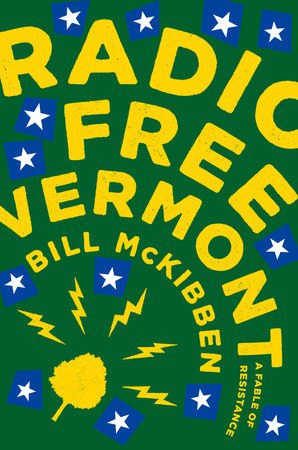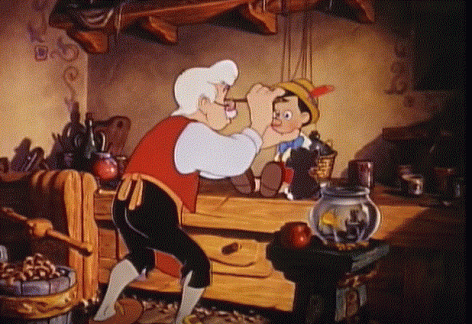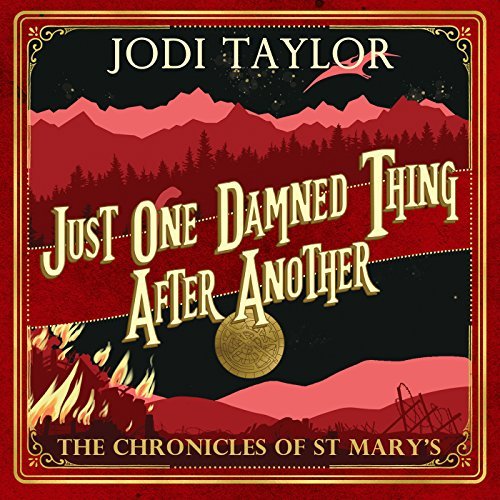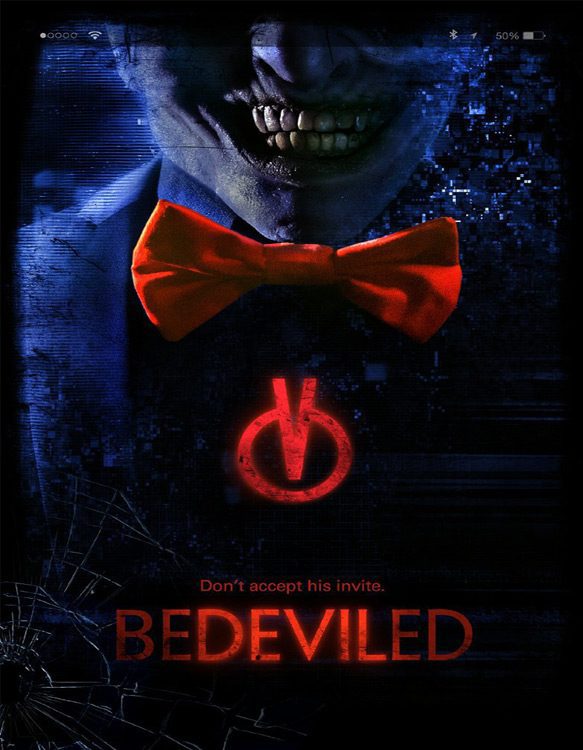
Environmental activists in kayaks protest the arrival of the Polar Pioneer, an oil drilling rig owned by Shell Oil, in Seattle. Backbone Campaign / Flickr
A book by one of our favorite activists being reviewed, in the form of an interview, with one of the greats of decent, thoughtful media:
Moyers and McKibben: What to Do When Time Is Running Out for the PlanetBy Bill Moyers
Penguin Press, 2017
I wasn’t one of the 50,766 participants who finished the New York City Marathon last weekend. Instead, I spent the average marathon finish time of 4:39:07 to read a book—obviously a small book. In the interest of disclosure, I didn’t even start the race, but that’s another and even shorter story than Radio Free Vermont, the book from which I did occasionally look up and out the window to check on the stream of marathoners passing our apartment, their faces worn and haggard.
A shame, I thought, that I couldn’t go outside and hand each one a copy of the book that had kept me smiling throughout the day while also restoring my soul; I was sure the resilience would quickly have returned to weary feet and sore muscles now draped in aluminum foil for healing’s sake. I admire those athletes, but wouldn’t have traded their run for my read, because Radio Free Vermont is funny, very funny, all the more so considering the author is one of the more serious men on the planet—the planet he has spent his adult life trying to save.
Bill McKibben’s calling has been a footrace of its own, not to report to Athenians the victory of Greek warriors over the Spartans, but to wake up Americans to the once creeping, now billowing threat of global warming. For 30 years now climate change has been his beat—first as a journalist, then as an environmentalist and now as the leading activist in mobilizing a worldwide movement to win a race against time. In Radio Free Vermont, his latest book, he turns to humor for inspiration as runners go to bottled water for sustenance, and has us laughing all the way to the finish line. Also in the interest of disclosure, you should know Bill McKibben and I are old friends who sometimes conspire in plotting resistance to—well, read on.
Bill Moyers: Sixteen books of first-rate journalism and now a novel. Your first. Did reality become too much for you?
Bill McKibben: I’ve been working on this story just to amuse myself over the years, little bits at a time. But this year seemed like the year when everybody else could use a little relief from another of my usual depressing books about the world in the middle of another depressing year. That seemed just too much angst all around, so I thought maybe it would be OK to indulge my funnier side a little bit, in the service of the resistance to all that’s happening around us.
Moyers: Well, it’s a hoot and a romp—and a meditation on the state of the world as experienced in the state of Vermont. Did you have fun writing it?
McKibben: Maybe too much. It’s probably not a great sign when a writer sits there cackling at his own jokes while he’s writing them. But it cheered me up, anyway.
Moyers: From Concord and Lexington on April 18, 1775—”the shot heard ’round the world”—to Paris, France on July 14, 1789—the storming of the Bastille—it’s a stretch to Radio Free Vermont broadcasting on the run from an “undisclosed and double-secret location in Vermont.” You give us an opening scene that gets the heart beating and the blood running as hints of secession waft through the globally warmed January Green Mountain air.
McKibben: Vermont has an interesting history. It’s the 14th state in the Union, and there was a big gap between [it and] the first 13. It took 10 or 11 years for Vermont to decide that it was going to join the Union and not continue, as it was for a bit, as an independent republic. I’m not actually thinking that we should secede again—at least right now. But man, there are moments this past year when it’s been hard not to think that one would want to separate from the United States, if only psychically, at least for a little while.
Moyers: Are you picking up where Edward Abbey left off with The Monkey Wrench Gang—everyday people willing to become outlaws for justice?
McKibben: Ed Abbey—yes. The Monkey Wrench Gang was one of my great delights of any book I’ve ever read, and Abbey I knew at the end of his life and liked enormously. The thing I liked most about him was that he was funny, and so I hope this is, too. It does seem to me that humor doesn’t end up playing as large a role in our literature as it should. We’ve confined it to the work of late-night comedians.
Moyers: Explaining, perhaps, why you turned not just to fiction but to a fable. Fables are playful.
McKibben: Yes.
Moyers: Sometimes the truth goes down easier when it’s more playful.
McKibben: Well, Anna Karenina this is not.
Moyers: I don’t live in Vermont. You do. But I spend a lot of time there, as you know, and I can swear to seeing people like your characters on the streets, in their pickups, in coffee shops, on the town greens, talking to their neighbors. The characters in Radio Free Vermont are very real.
McKibben: I’ve spent my life living in rural America, some of it in blue state Vermont, some of it in red state upstate New York. They’re quite alike in many ways. And quite wonderful. It’s important that even in an urbanized and suburbanized country, we continue to take rural America seriously. And the thing that makes Vermont in particular so special, and I hope this book captures some of it, is the basic underlying civility of its political life. That’s rooted in the town meeting. Each of the towns in Vermont governs itself. We have a meeting the first Tuesday in March—
Moyers: In every town?
McKibben: Every town. Everybody comes, sits down in the high-school gymnasium or the church or wherever the meeting happens and spends the day hashing out the budget for the next year and how much the town clerk should be paid and if it’s time to buy a new grader for the road. That system has worked well for hundreds of years, but it couldn’t work if those meetings were filled with Donald Trumps standing up and insulting people all the time. And on occasion, when someone like that shows up in Vermont, everybody knows to ignore them. One wishes the U.S. had known how to ignore this guy Trump when he stood up and started bellowing.
Moyers: If I were making a movie out of Radio Free Vermont, I would turn to Motown for the score, because Motown songs run through your story—in all-white Vermont!
McKibben: Vermont’s great problem, of course, is its signal lack of diversity. It’s about as white as you can get. And there’s no way to remedy that in fiction, except in this case to suggest that at the very least it could use a better musical score.
Read the whole story here.
Share this:





